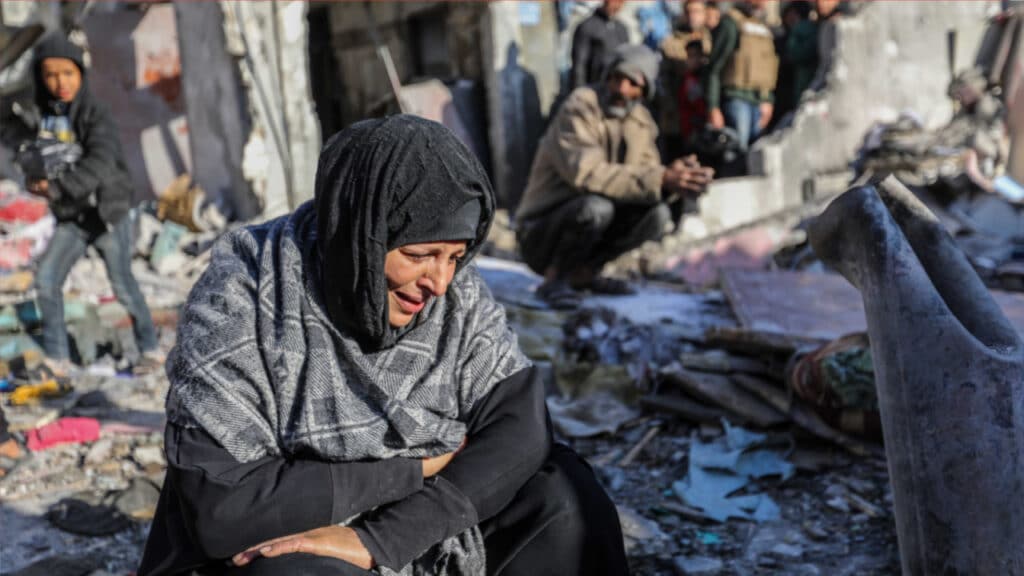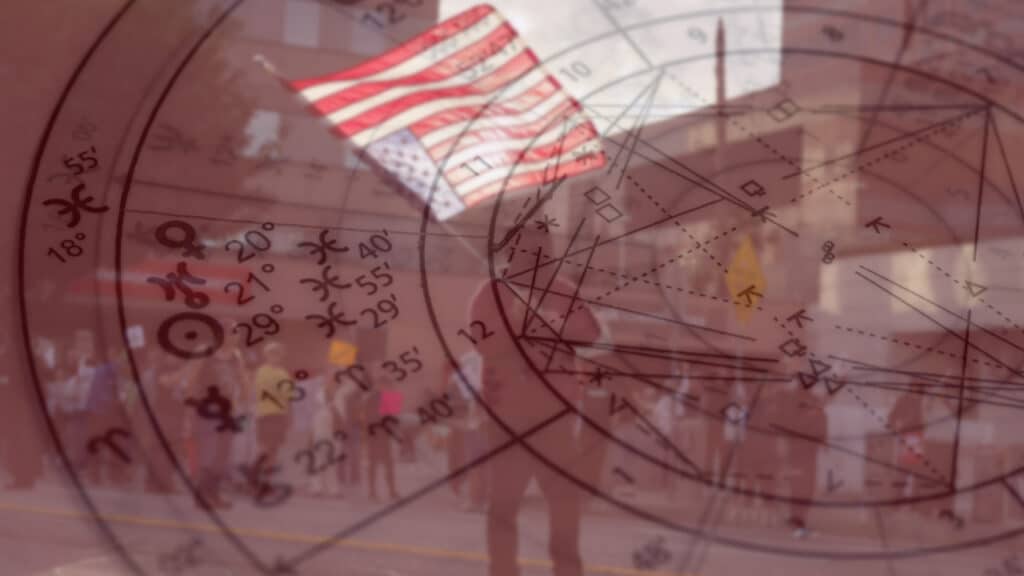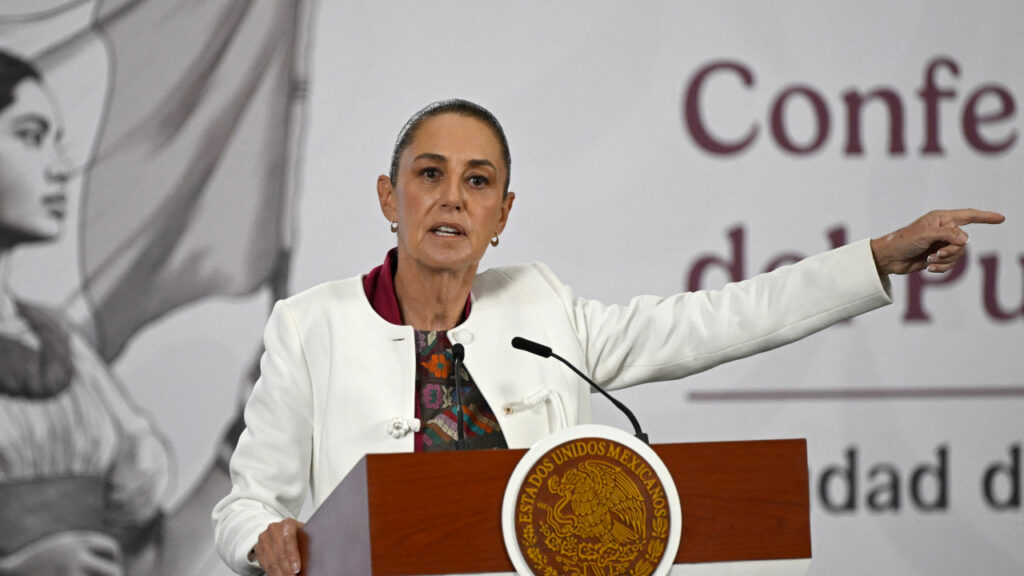
UN Women Reveals Devastating Toll on Women in Gaza: ‘Two Mothers Die Every Hour’
In the history of war conflicts, women and children are always the primary victims. The situation is no different in the Gaza crisis. According to a UN Women report, the agency estimates that at least 3,000 women may have been left widowed and homeless.
Worse, the report “Gender Alert: The Gender Impact of the Crisis in Gaza” estimates that two mothers die every hour in Gaza.
The report examines the gender impact of the conflict, which has left more than 23,000 Palestinians dead, according to Gaza health authorities, some 16,000 of whom are women or children.
Meanwhile, nearly 10,000 children have reportedly lost their parents.
An apocalyptic scenario for women in Gaza
According to the UN report, women are finding it even more difficult to access supplies, services, and resources. This situation worsens with each passing minute, as women are responsible for feeding, protecting, and caring for families without a job that generates income.
“Those who lost their husbands in the conflict now lack the primary income earner for their families,” the analysis warned.
“We have seen evidenced once more that women and children are the first victims of conflict and that our duty to seek peace is a duty to them. We are failing them,” UN Women Executive Director Sima Bahous said in a statement issued alongside the report.
“That failure, and the generational trauma inflicted on the Palestinian people over these 100 days and counting, will haunt all of us for generations to come,” she warned.
Risk of sexual violence in Gaza on the rise
UN Women also reiterated its deep concern over accounts of unconscionable sexual and other gender-based violence during Israel’s invasion.
UN Women said the Gaza conflict “is fundamentally a protection crisis for women” at a time when nowhere in the enclave is safe.
Of the 1.9 million people now displaced, close to a million are women and girls, and the “impossible decisions” they have to make regarding whether to evacuate — when and how as well as where to go — “are entrenched with gender-differentiated fears and experiences,” given risks of attacks and harassment while on the move.
The agency warns that more women fear that families will resort to “desperate coping mechanisms” such as early marriage.
Meanwhile, despite limited resources, women’s rights organizations continue to take action amid the crisis.
The UN Women report is part of the agency’s six-month response plan, which includes providing emergency food aid to more than 14,000 female-headed households.
The agency is also partnering with women-led organizations in Gaza to provide gender-based violence-sensitive services, establishing women-led protection and response committees in shelters, and convening regular consultations with women’s organizations to discuss the challenges they face.




